LAURIE WEIR
Scott Reid, the sitting MP for Lanark–Frontenac, is the Conservative Party of Canada’s candidate in the upcoming federal election on April 28.
First elected in 2000, Reid is seeking re-election in a riding he has represented for more than two decades.
Reid has served as the federal representative for Lanark–Frontenac (and earlier versions of the riding) since 2000. First elected as a member of the Canadian Alliance, he joined the newly formed Conservative Party of Canada in 2003 following the Alliance’s merger with the Progressive Conservatives. Over the years, Reid has developed a reputation for detailed policy knowledge and has occasionally broken ranks with his party on civil liberties and constitutional issues.
Born in Montreal and raised in Ontario, Reid holds degrees in political science and law. Before entering federal politics, he worked as a policy researcher and authored books on Canadian constitutional matters. In Parliament, he has chaired the Conservative caucus and served on multiple standing committees, including those on procedure and House affairs. Reid has consistently held onto his seat by wide margins and is once again running as the Conservative candidate in the upcoming federal election.
Unlike other candidates in this series, Reid was asked a different set of questions tailored to his role as the incumbent.
Here are his responses.
1. You’ve represented this riding through economic highs and lows. What specific wins have you delivered here that wouldn’t have happened without you?
You asked for specific wins, so here are a few:
- I helped the craft beer and craft distilling industry to grow, by successfully advocating for reductions in the excise tax;
- I was behind the Harper government’s policy of placing defibrillators at every indoor rink in Canada. This has saved hundreds of lives nationwide (including in our riding). I continue to advocate for defibrillators to be placed in every police cruiser.
- Back in 2003–04, when the U.S. border was shut down to Canadian exports, I was behind the “Ask if it’s Canadian beef” policy.
- I continue to advocate for improved internet connectivity. Sadly, the Liberal government is deaf to this issue; a change of government will have to occur before the issue gets addressed.
2. How does your leader, Pierre Poilievre’s stance on tariffs and the economy directly benefit our region — and what have you done to influence that strategy?
In terms of direct retaliation, the reasonable approach to the Trump tariffs is to selectively respond in order to create economic problems in geographically concentrated areas in the U.S. This will cause local members of Congress to have a direct interest in ending the trade war. As early as April 2, a few dissident Republican senators sided with the Democrats to vote—by a paper-thin majority—in favour of a resolution to stop the tariffs. If we create the incentives for more Republicans to join the anti-tariff coalition, the trade war will end.
Meantime, Pierre proposes to take domestic measures to mitigate the harm caused by American tariffs. This includes:
- Getting rid of internal trade barriers;
- Signing trade agreements with other countries;
- Removing the GST on Canadian-made cars, which have been hit by Trump’s tariffs;
- Launching a targeted, temporary loan program for businesses that are directly hit by U.S. tariffs, helping them to keep workers on the job.
You also asked how I personally have influenced Pierre Poilievre’s policies on tariffs and on the economy. The answer is that I chair the Conservative caucus, so I was responsible, throughout the process of policy development, for managing the internal discussions.
3. Why should voters stick with you when even long-time Conservatives are questioning the direction of the party?
There is tremendous grassroots enthusiasm for Pierre Poilievre’s policies. Last evening, I attended a rally for Pierre in Kingston, attended by 4,000 enthusiastic supporters. (Organizers had hoped for less than half this number and had to change venues to accommodate the size of the crowd.)
The answer to your question about “why voters should stick with you” is Pierre’s Affordability Agenda, to bring your cost of living under control. A Poilievre government will:
- Slash the income tax, for the lowest income bracket, by 15%, which will save the average family $1,800 per year;
- Abolish the carbon tax (including the hidden carbon tax on manufacturers that Mark Carney has announced);
- Remove the sales tax on new homes, saving homebuyers up to $65,000 in tax;
- allow Canadians to top up their Tax-Free Savings Accounts (TFSAs) with an additional $5,000 each year, for investments in Canadian companies;
- Make it possible for seniors who remain in the workforce to earn an additional $10,000 tax-free every year (currently only $24,000 can be earned without triggering the OAS clawback);
- Allow seniors to retain their RRSPs for an additional two years (to age 73) before converting them to an RRIF;
- Eliminate the automatic annual tax hikes introduced by the Trudeau/Carney Liberals (for example, the annual automatic tax hike on beer) that ratchet up each year without Parliamentary authorization.





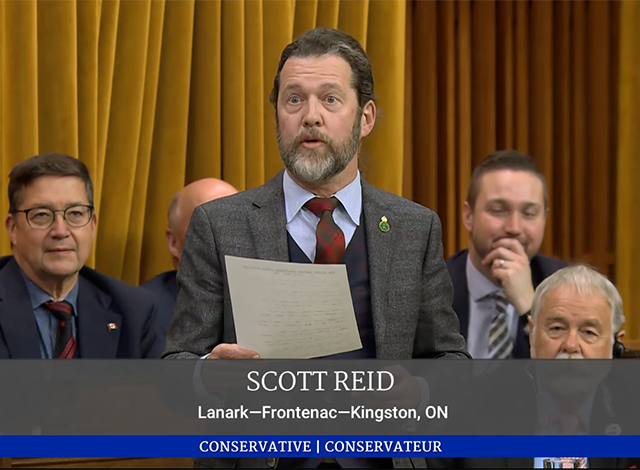
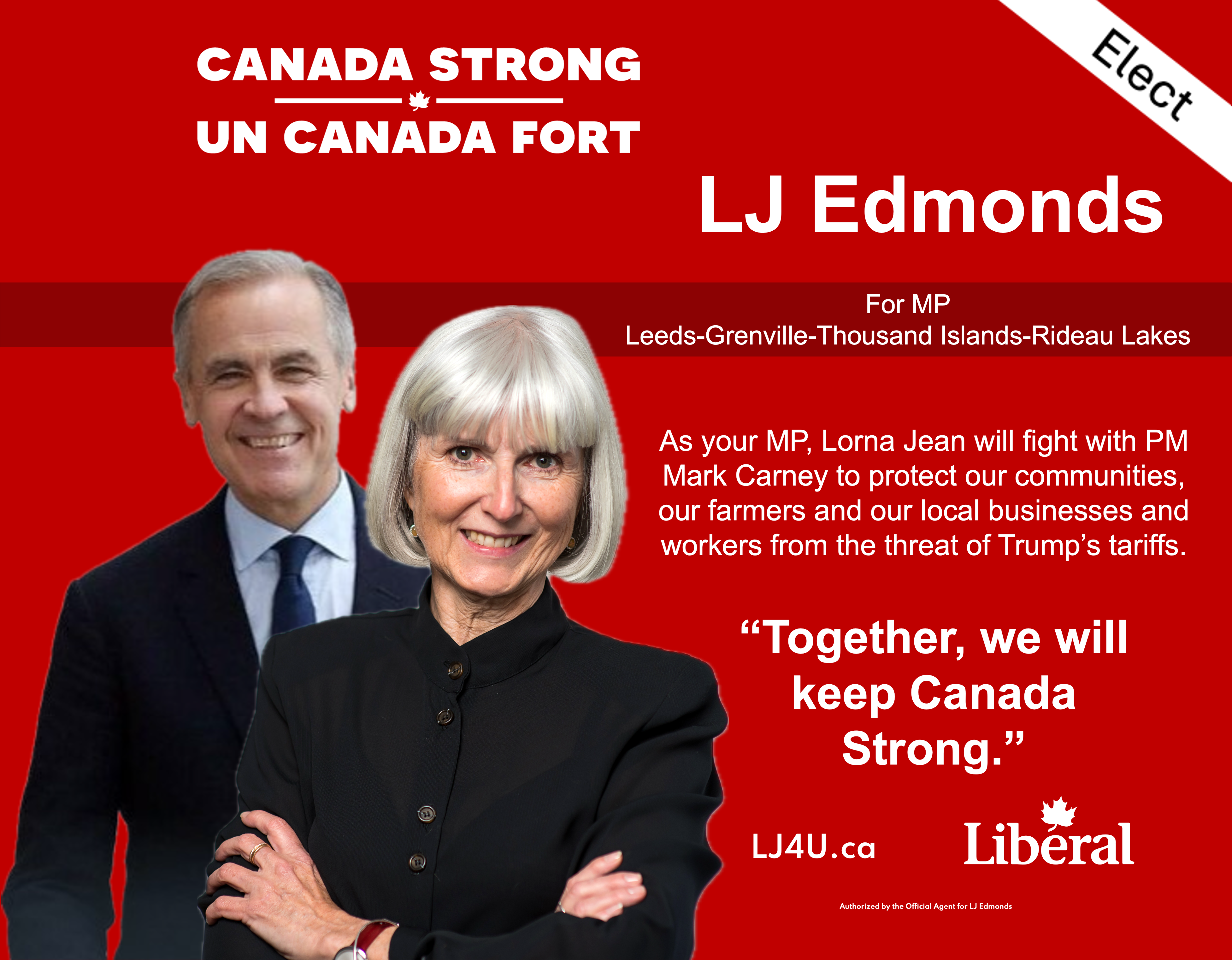










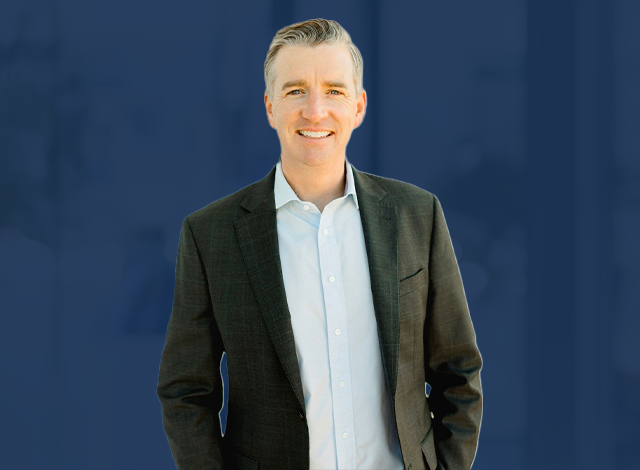
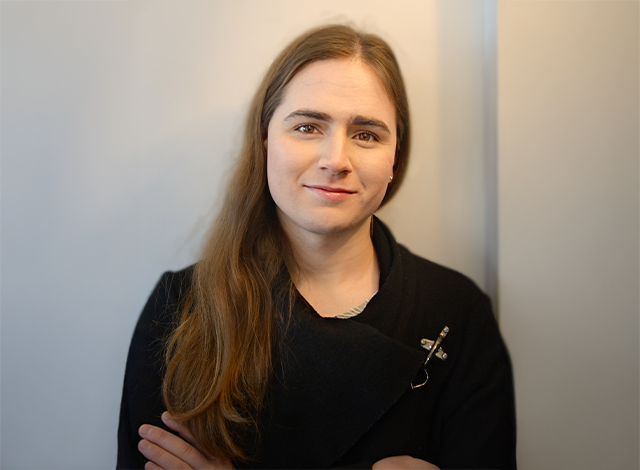
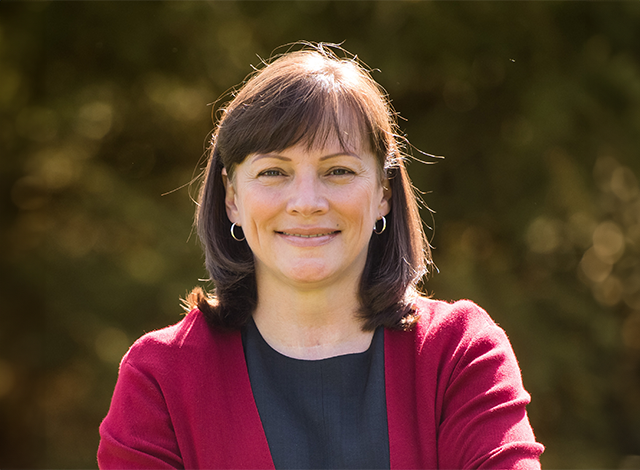
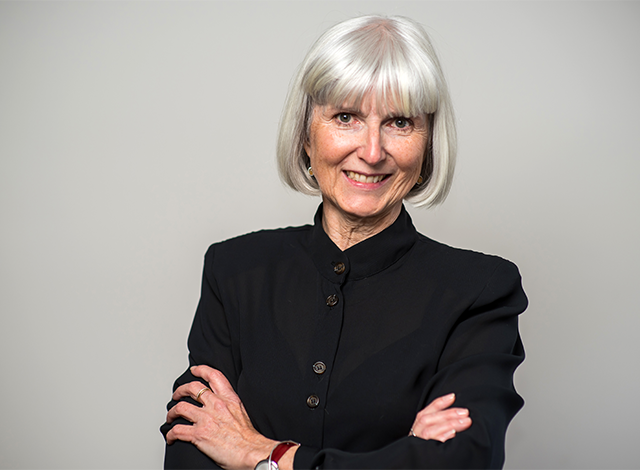


Hi
Tell Scott I am voting conservative… He has always done a good job…
Glen Major
Perth “Major” Outfitters